Cutting bananas: how to learn things
regaining humanity in an AI hyped world
I think I have a cold. Hard to tell with sawdust swirling around and renovations in full swing, who knows for sure. We have unearthed a hundred years plus of dirt borne secrets in our old house in attempts to prepare her for the next century.
The last time I sniffled was May of 2024 following a whirlwind of speaking gigs in the Netherlands and Switzerland with a stop over in Chamonix France to tackle a bit of trail running. I learned that running at altitude will desiccate even the most seasoned runners among us providing a hospitable environment for my last cold.
Coincidentally an equally robust travel schedule to NYC, Boston, Washington DC, Chicago and back to North Carolina has left me reeling. All good now but it delayed any relevant posts or online conversations.


The curative powers of home for a few weeks with a few trail runs in the mix seems to be exactly what I needed.
A Mind-Blowing Way of Looking at Math is the latest listen in my podcast rotation. Reminiscent of a prior musing, this episode tackles the thorny subject of how to read maths and for that matter, other complex books — like technical topics in geospatial.
We tend to tackle complex topics like we are reading a users manual. We want the end goal and mistakingly think there is only one way to get there.
The issue with mathematics is it’s something that manifests itself in a horrible way. It’s on paper, on the blackboard; you see cryptic symbols, formulas; and this is impossible to make sense of. But, how you interact with that--how you gradually tune your intuition to build up meaning for the symbols--is the real art of mathematics.
And, because these things are inside your head, it’s extremely hard to talk about. And, to me, the failure of teaching mathematics--and it’s something that has been going on for not just centuries, but actually millennia--is the failure to admit that we do things in our head. We play with our intuition, we play with images, and these things have traditionally not even been discussed as being part of mathematics — David Bessis
David in conversation with host Russ Roberts shared stories from his latest book (should arrive here by tomorrow), Mathematica a Secret World of Intuition and Curiosity. A recipe for banana bread serves an example about day to day intuition. You know that when you are told to cut the bananas and mash them up in a bowl — first you peel them — without being told, unless you are AI.
Thinking of how we historically learn complex topics many approach learning from the user manual or recipe approach. Didactic methods of moving from our desired outcomes in small incremental steps. The result is cinematic but we forget that the learning should be as well.
Many of you would like to work in 3D environments and are approaching Blender in the way you might master a VitaMixer blender…
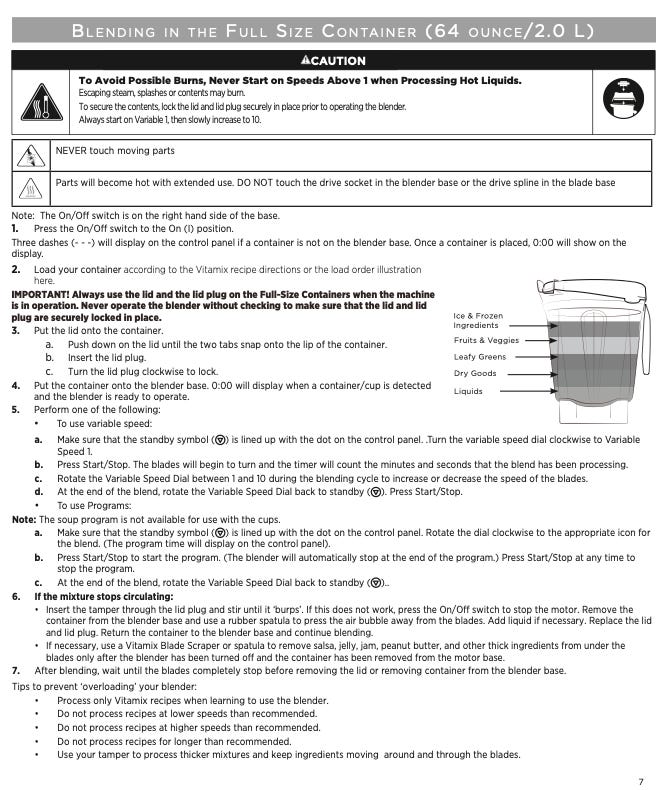

The problem is that we are afraid of sucking. Failing is an important step in learning. We aren’t going to be great on day 1.
Abilities in any new skill are developed over time. If you learn the higher order techniques your brain will emerge in true mastery.
Descartes missed an essential point. All reasoning, even the most solid, ends up coming apart the further it gets from day-to-day experience. Not for lack of rigor, but because our language itself is built on a base of sand and mud. The only exception is mathematical reasoning when it is articulated in the official language of mathematics. If this artificial language is so inhuman and so incompatible with our usual way of thinking, it’s for a very simple reason--its bias is to be compatible with logical reasoning. When we want to venture far from our everyday concrete experience, logical formalism helps guide us. It’s the only tool at our disposal that lets us give free rein to our impulse toward rationality without limits, without complexes or taboos. Outside of mathematics, rationality remains under constant threat from the fragility of our language and our way of perceiving the world.
I experienced this friction when publishing my first two books. My intention was never a linear journey through geospatial and python or for that matter SQL. Although chapters were definitely arranged by what you could begin doing on day 1 — some folks responded with “needs more Pandas” or “Geopandas” or insert your package of preference.
They missed the point of adapting the intuitive reasoning tool necessary for lessening the steepness of the learning curve. Perhaps those of us emerging from our love of maths and science made assumptions — but maybe it’s time for us to abandon stepwise progression and begin granting ourselves permission to experiment and learn intuitively.
Python for Geospatial Data Analysis: Theory, Tools, and Practice for Location Intelligence
Geospatial Analysis with SQL: A hands-on guide to performing geospatial analysis by unlocking the syntax of spatial SQL
Where to next…(more to be announced)
PostGIS Day
PyLadiesCon 2025
5th-7th December | Multi-language | Multi-timezone
Geography2050
AGU25
Open-Source Geospatial Workflows in the Cloud: Tools and Techniques for Data Access, Analysis, Visualization, Storytelling, and Sharing in the Python and Jupyter Ecosystem
Computation & Journalism in the age of authoritarianism
TALK TITLE: Decoding Climate Science with Open Data Resources: What AI’s Energy Needs Mean for Our Planet
Through multidisciplinary analysis encompassing economic, social, demographic, biophysical and ecological variables, we unravel the metabolic patterns of cities. Utilizing open source solutions integrated with satellite imagery we will visualize data, maps and interactive graphics spotlighting the built infrastructure as the crucial interface between production, consumption, and the energy required to further our questionable “growth at any cost” world narrative.




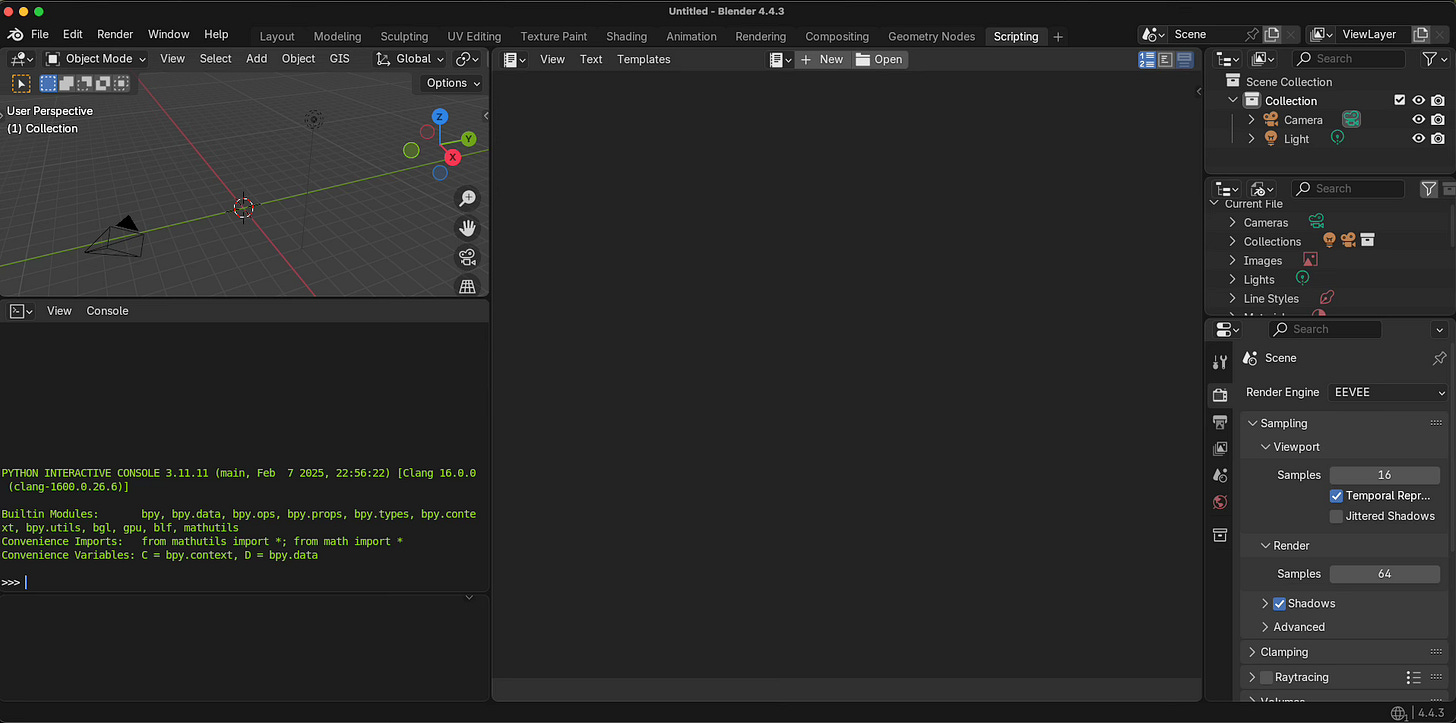
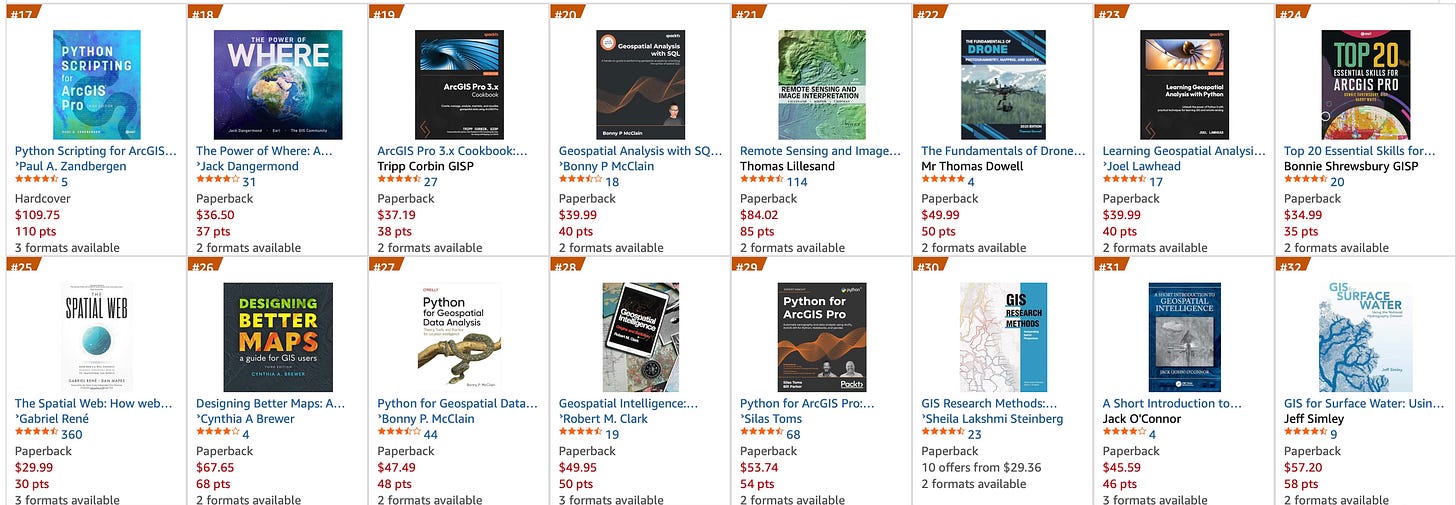
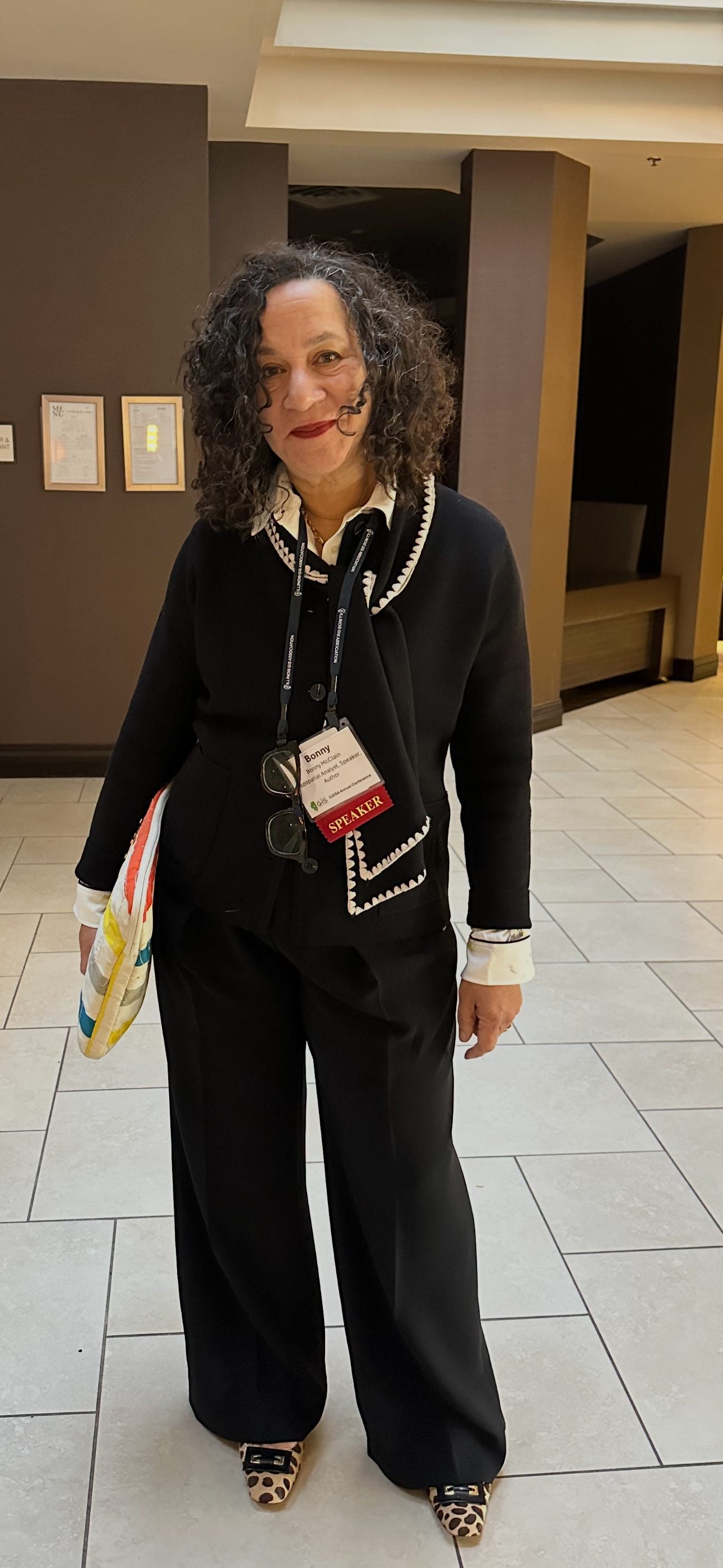
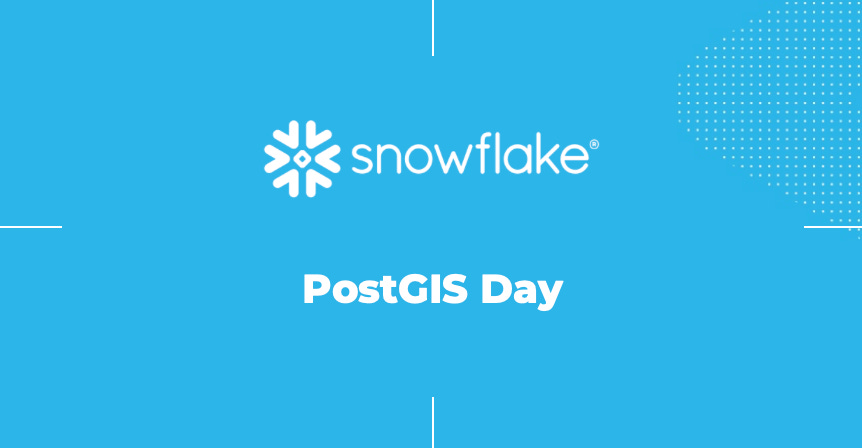
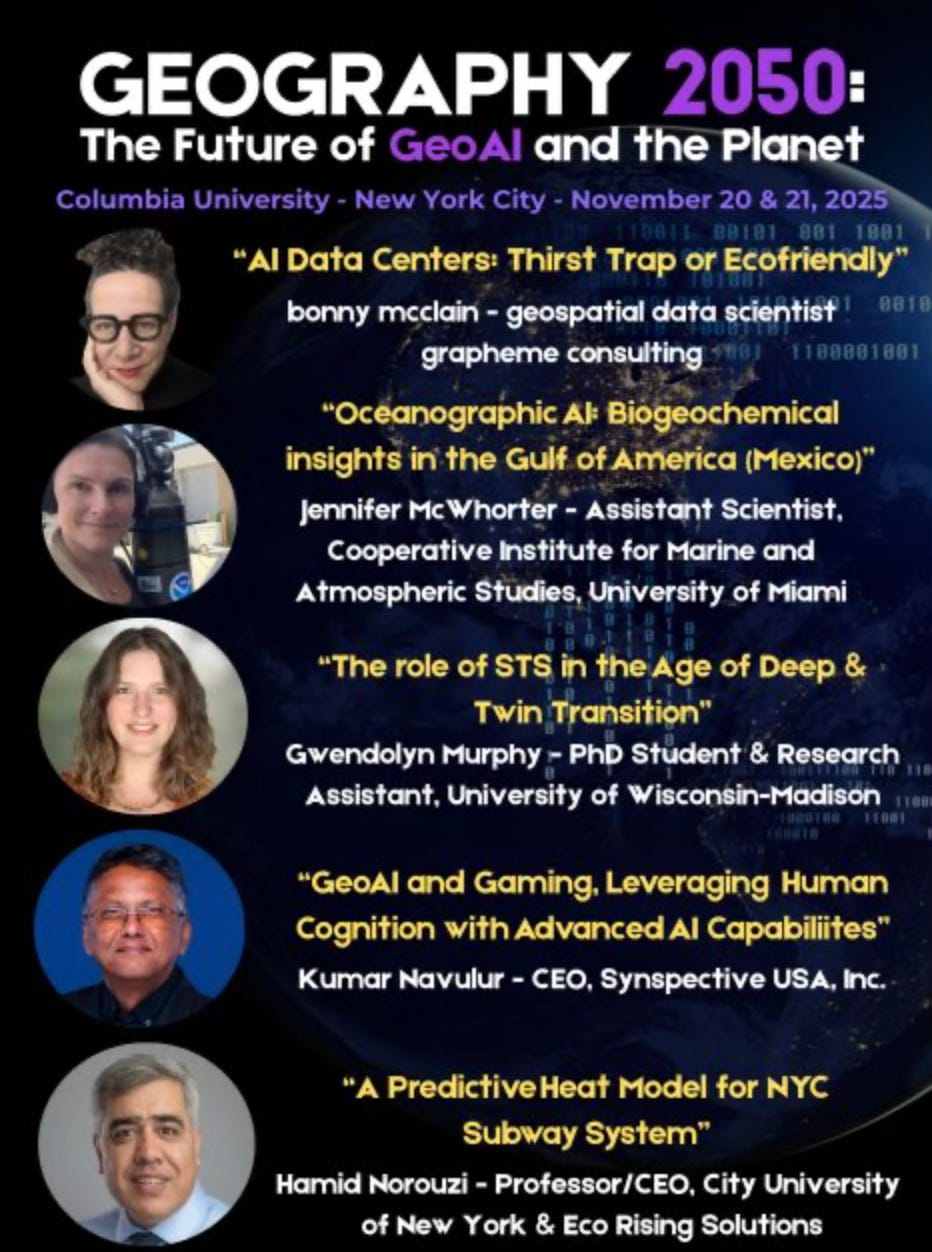
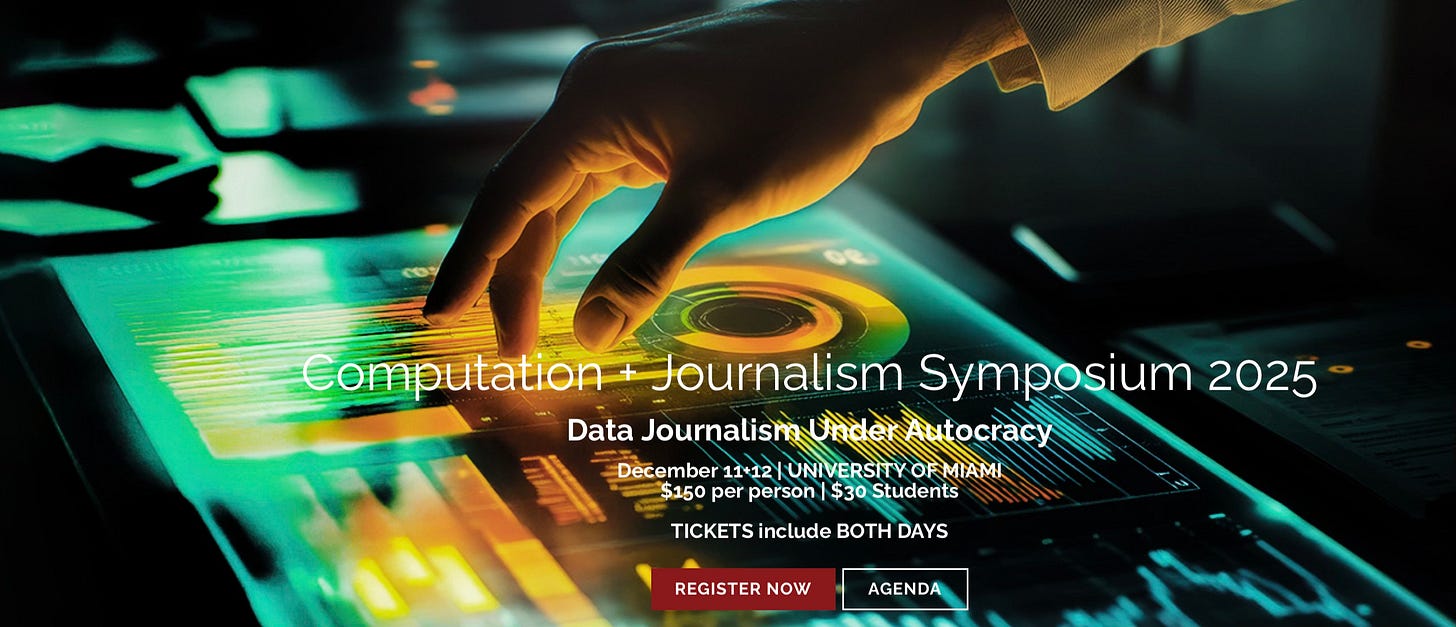
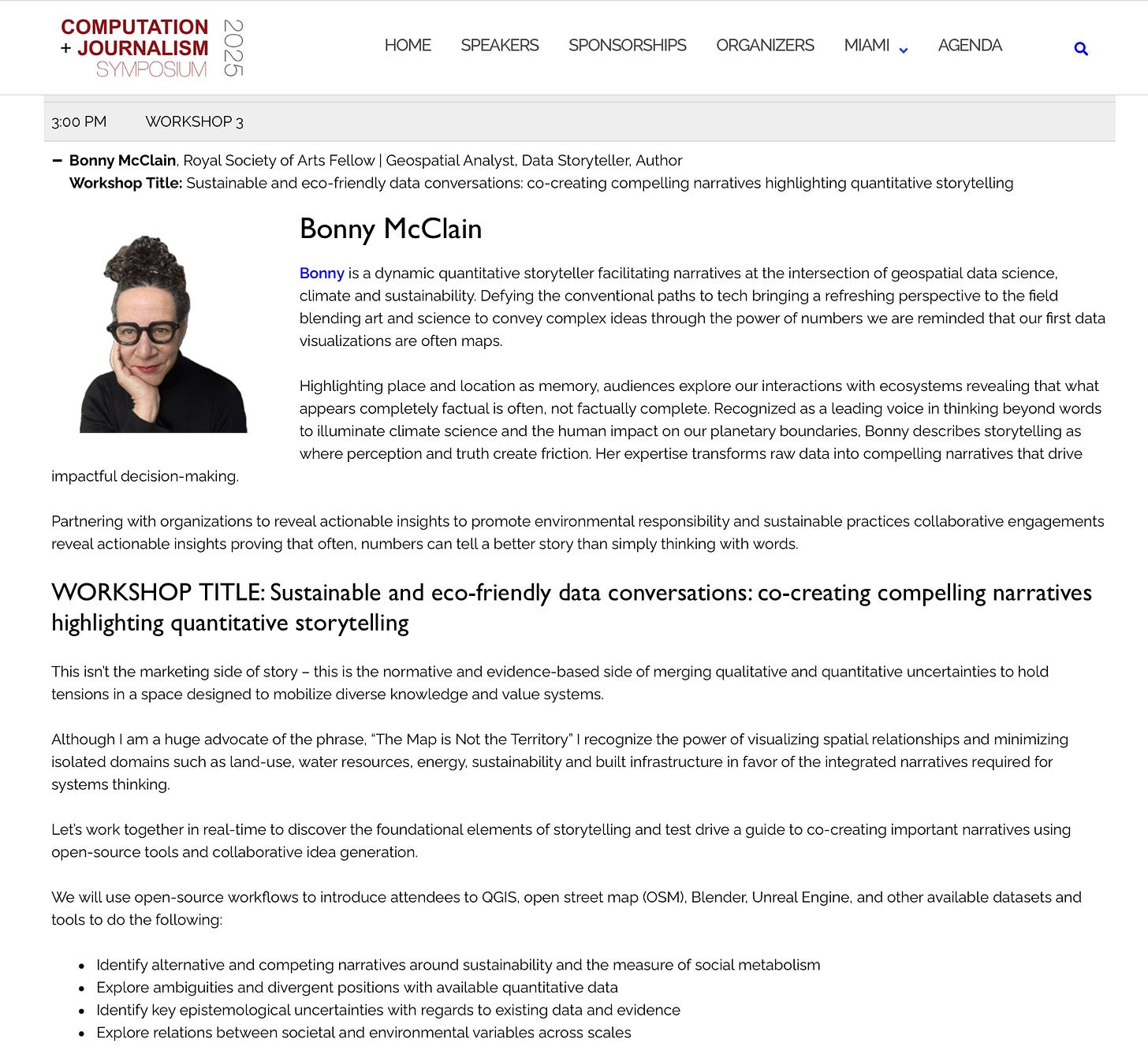
Thanks Mike! I recommend a great interview (and I subsequently ordered the book both in print and Audible) on EconTalk podcast -- give a listen if you are inclined--https://www.econtalk.org/a-mind-blowing-way-of-looking-at-math-with-david-bessis/.
Really resonated with me. It is how I create around tech topics. Link to book
https://amzn.to/47wVu3S
"You know that when you are told to cut the bananas and mash them up in a bowl — first you peel them — without being told, unless you are AI."
You always challenge me to think in new ways or realize something that wasn't intuitive to me. Thanks, Bonny!